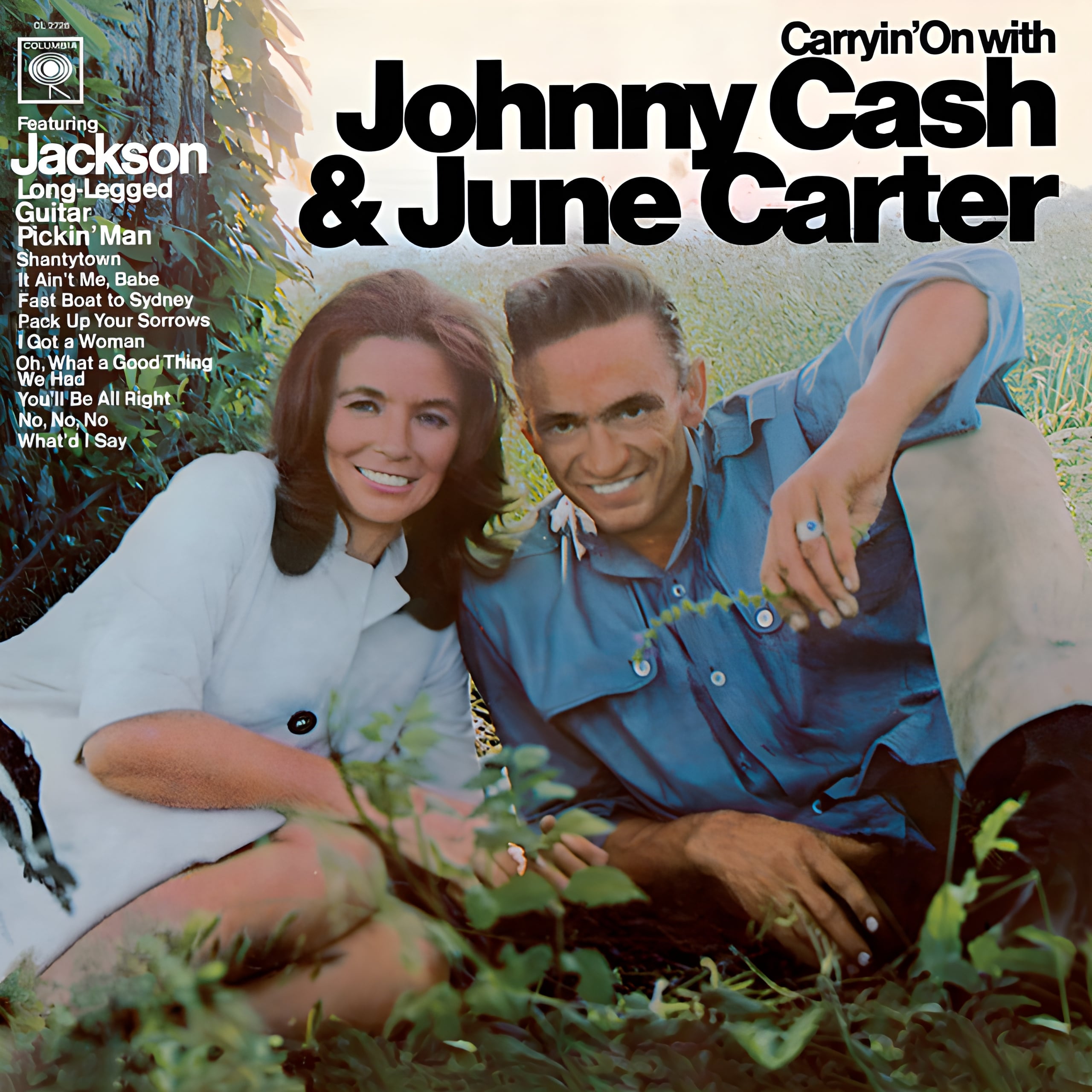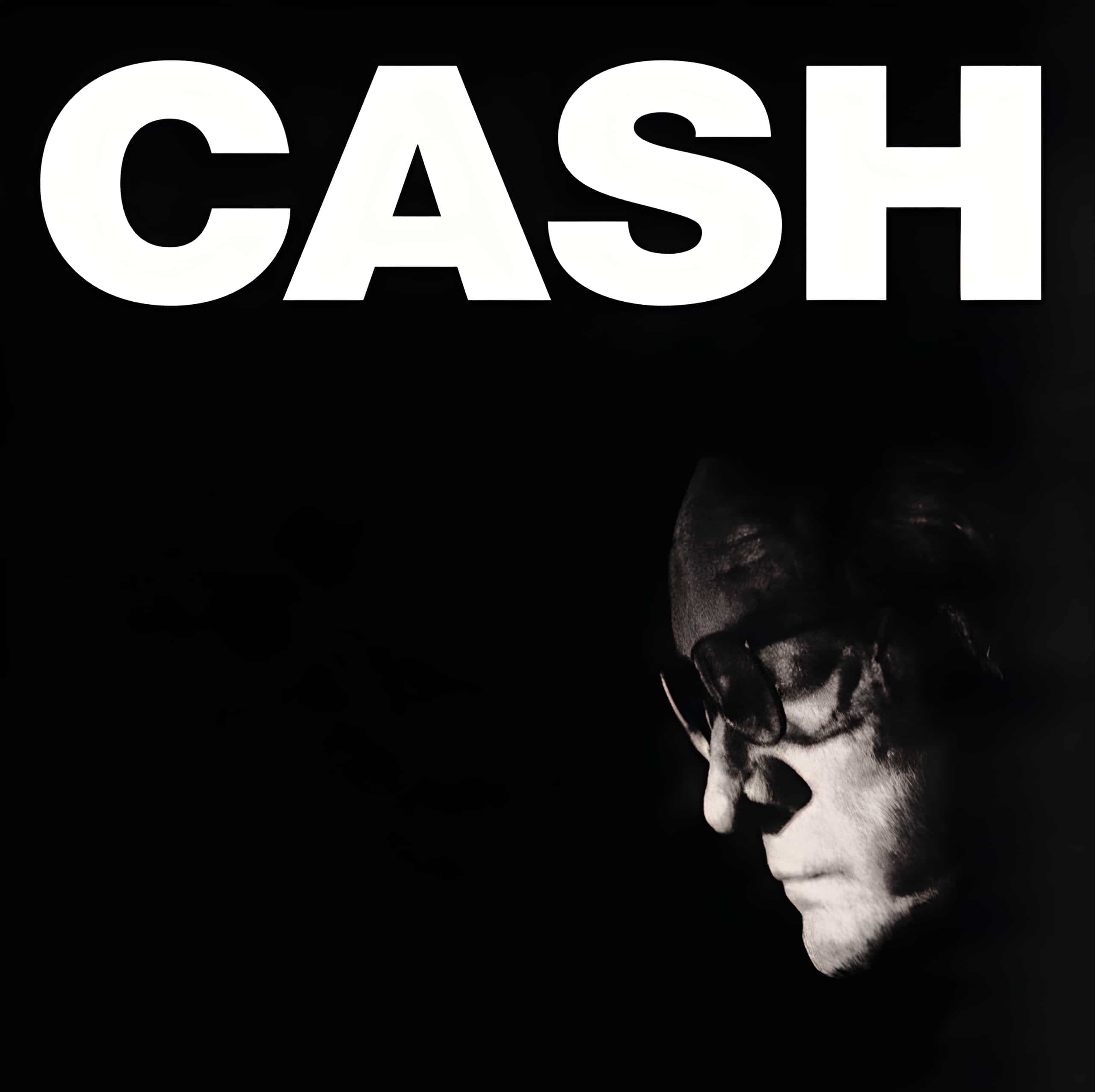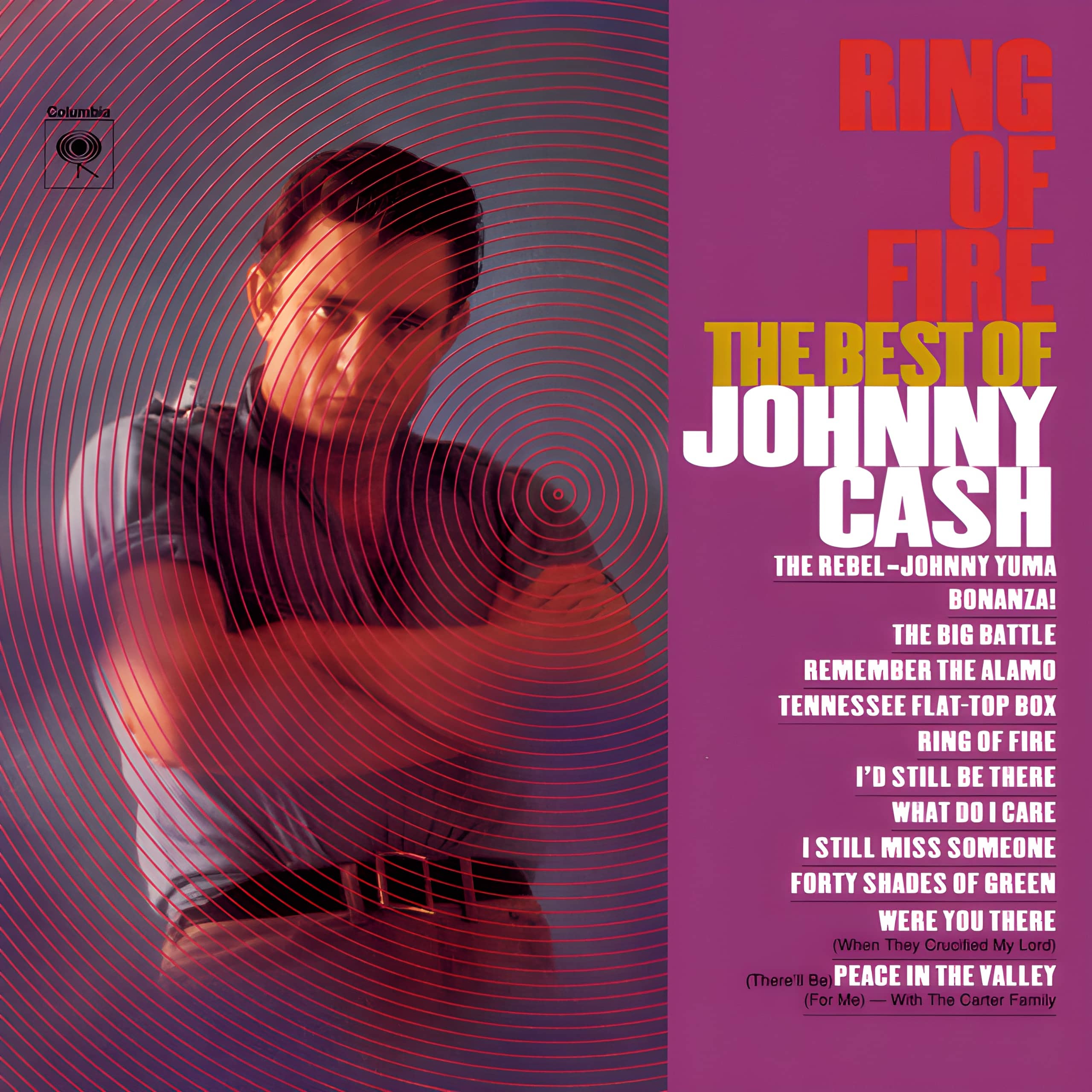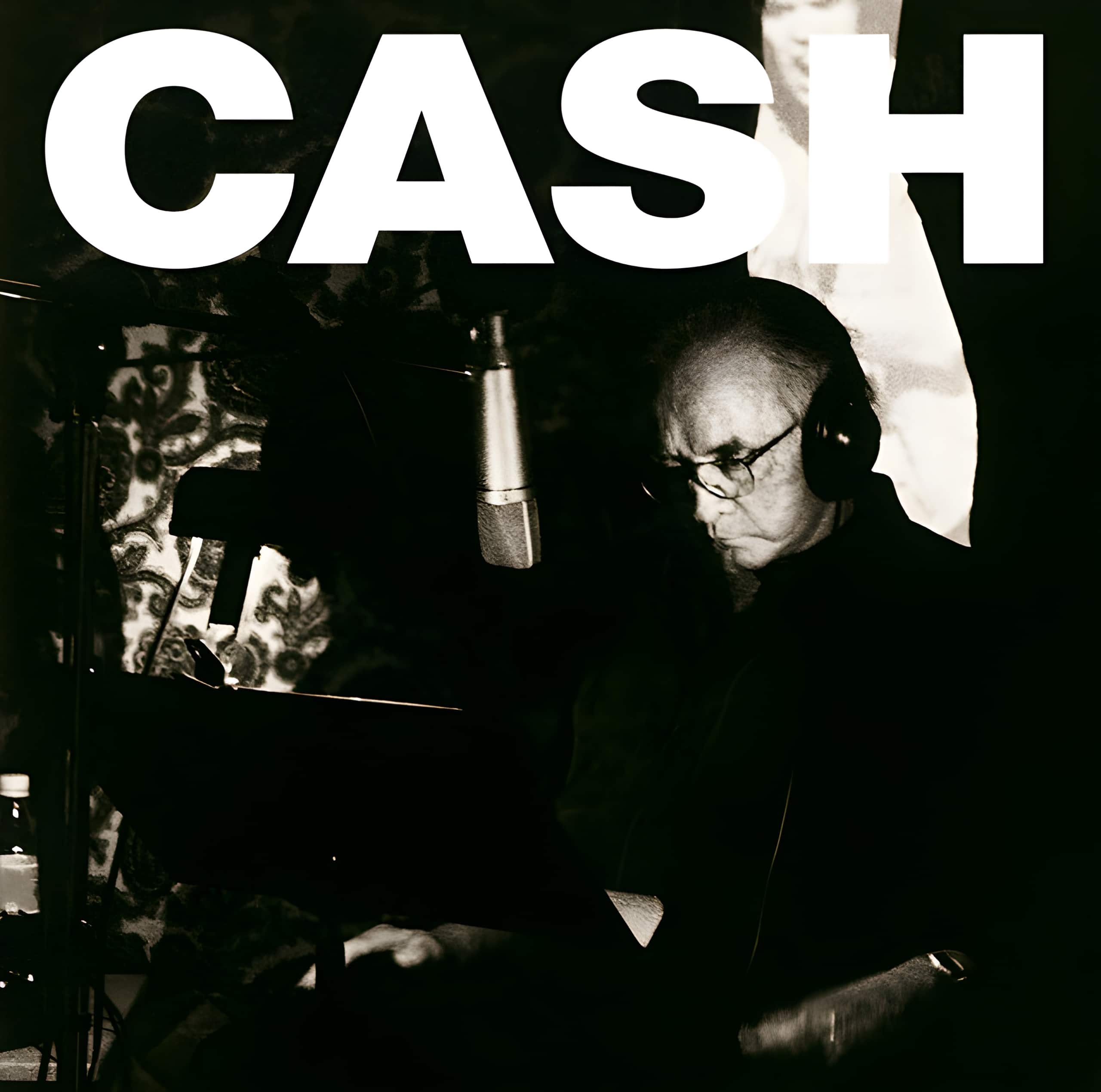Released: 1968
‘Folsom Prison Blues’ by Johnny Cash is a poignant tale of a man’s regret and longing, told from the confines of Folsom Prison. The song paints a picture of a man grappling with his past mistakes, yearning for freedom, and dealing with the harsh realities of prison life.
The song starts with the sound of a train, a symbol of freedom and movement, which contrasts sharply with the protagonist’s life in prison. The line ‘I ain’t seen the sunshine since I don’t know when’ highlights the monotony and endlessness of his sentence.
In the chorus, the protagonist reveals his crime: ‘I shot a man in Reno, just to watch him die’. This shocking confession, coupled with his mother’s advice to ‘always be a good boy’, emphasizes his deep regret and the extent of his fall from grace.
The second verse contrasts the protagonist’s grim existence with the lives of ‘rich folks eatin’ from a fancy dinin’ car’. The line ‘I know I had it comin’, I know I can’t be free’ shows his acceptance of his punishment, but the sight of the free world ‘movin’ on’ amplifies his torment.
In the final verse, the protagonist dreams of freedom, imagining what he would do if the ‘railroad train was mine’. He wishes to move ‘farther down the line, far from Folsom Prison’, indicating his desire to escape not just the physical prison, but also the guilt and regret that plague him.
In essence, ‘Folsom Prison Blues’ is a deep exploration of remorse, longing, and the human capacity for hope, even in the bleakest of circumstances.










